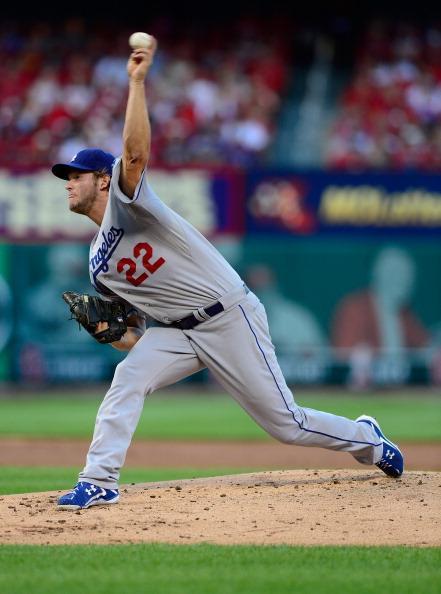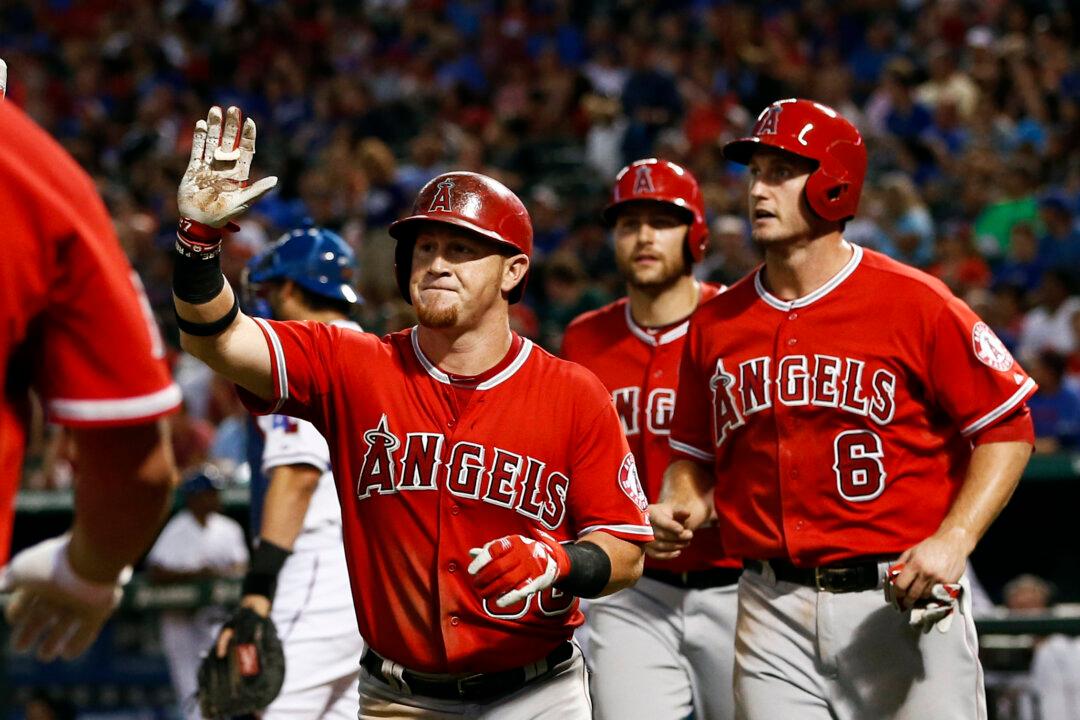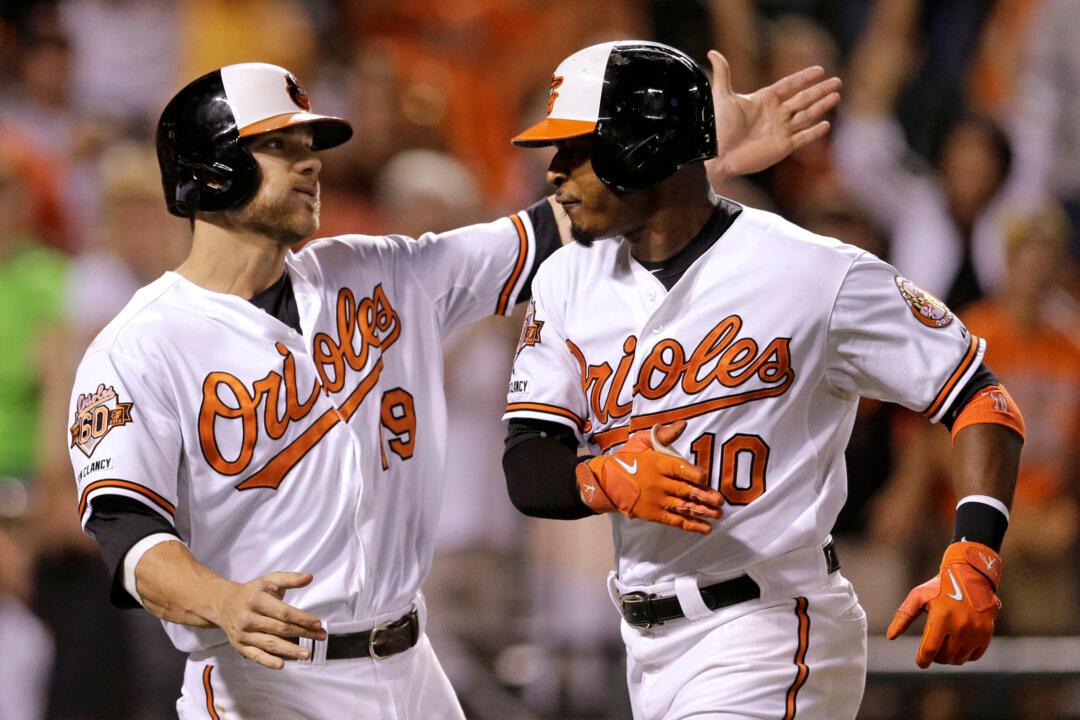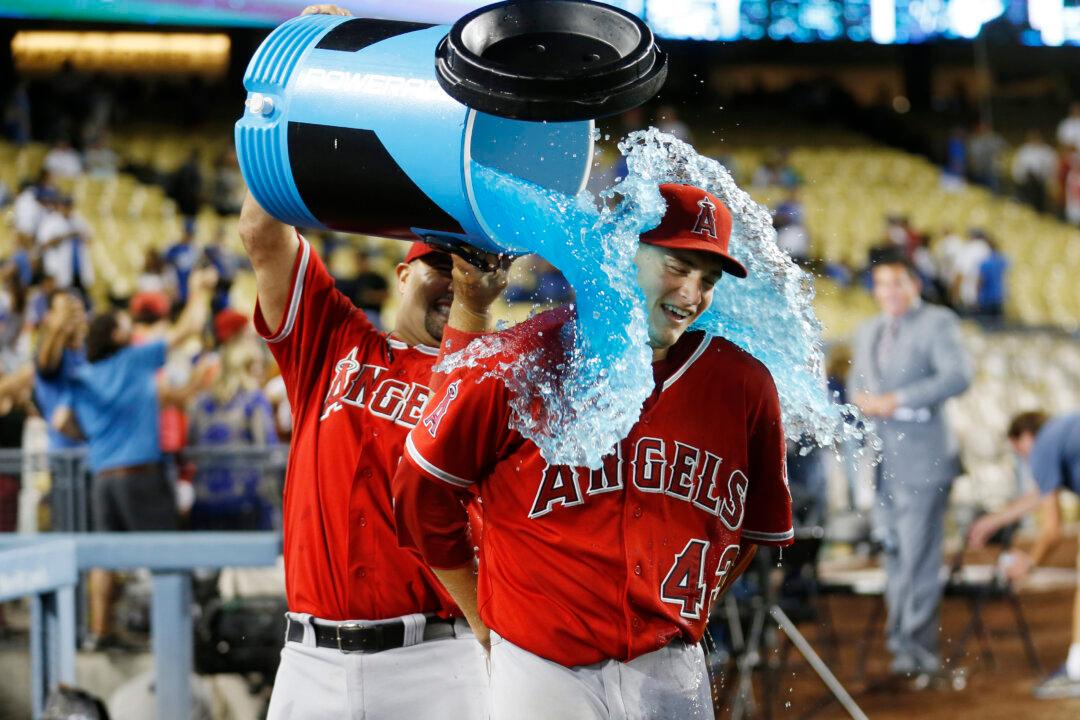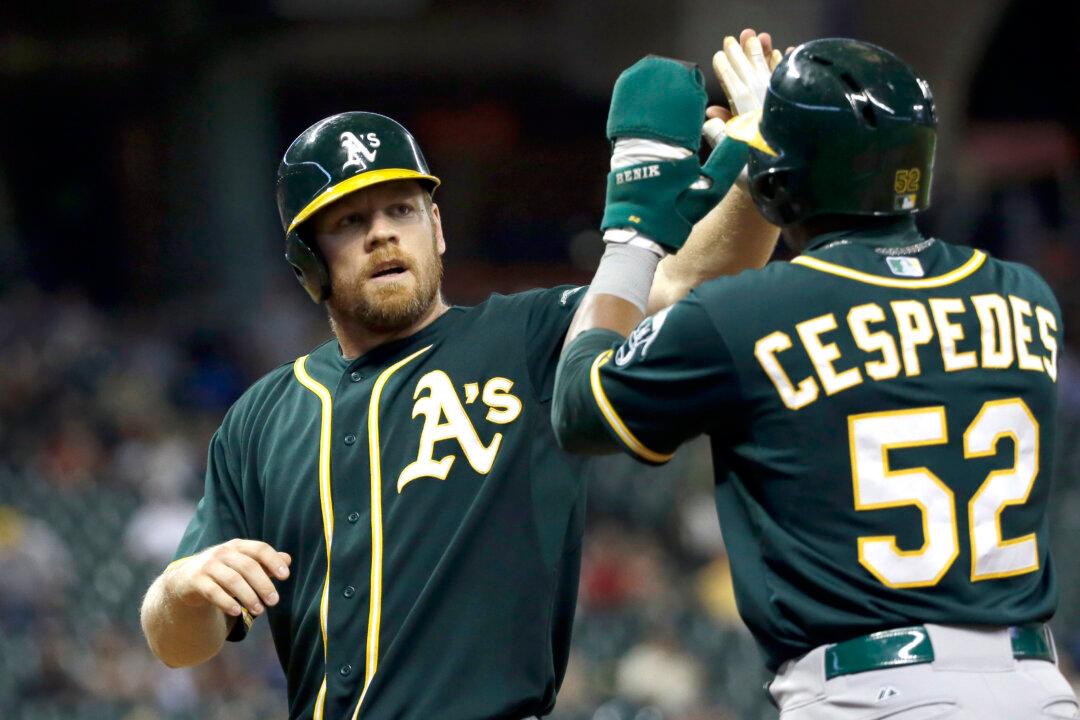This award is given to the best pitcher in the National League. Rarely does a relief pitcher win this award but it isn’t uncommon. Winning doesn’t always translate into being the best pitcher. Some pitchers are recognized for their talents beyond their team’s talents. Striking out the most doesn’t always mean you’re the best either. Sometimes it is, but sometimes it isn’t. There are aspects beyond the statistics that get factored into who is deserving of being considered the best pitcher in baseball.
These are who I believe are the candidates for this award in the National League:
Clayton Kershaw, Los Angeles Dodgers (16-9 record, 1.83 ERA, 232 strikeouts, 0.92 WHIP)
The highest that Clayton Kershaw’s ERA reached is 2.14 and that was after five starts. It never exceeded 2.01 the rest of the season. His 1.83 ERA, 232 strikeouts and 0.92 WHIP are best in the league.
The first half of his season featured him finishing with a 8-6 record with a sparkling 1.98 ERA so run support was a problem. In the first game of the season, Clayton Kershaw would need to provide his own run support in a 4-0 victory over the San Francisco Giants. In the eighth inning, Clayton Kershaw led off with a home run to provide the first of four runs but he would only need one in a complete game shutout.
In the second half of the season, Kershaw began to see his domination translate into wins. He would win eight of his 13 starts in the second half of the season. Despite finishing with a 3-2 record for the month of August, he had an ERA of 1.01, allowing four earned runs in 35.2 innings.
Clayton Kershaw finishes the season with a 1.83 ERA, the lowest by any player with at least 200 strikeouts since Pedro Martinez in 2000.
Adam Wainwright, St. Louis Cardinals (19-9 record, 2.94 ERA, 219 strikeouts, 1.07 WHIP)
Adam Wainwright would tie with Washington Nationals’ pitcher Jordan Zimmermann with 19 wins to lead the National League but the difference is that Wainwright has the seventh best ERA in the National League. Wainwright also leads the rotation of the best team in the National League too. He would also lead the league with five complete games to make up a part of his league-best 241.2 innings.
The Cardinals’ ace didn’t have a losing month all season and had a 4-2 record in June with a 1.77 ERA. Of his league-best 34 starts, only two would end before the sixth inning. Many wondered how the Cardinals would do without the veteran leader, Chris Carpenter, atop the rotation but Adam Wainwright made a name for himself as one of the elite starting pitchers in the game with this great season.
Zack Greinke, Los Angeles Dodgers (15-4 record, 2.63 ERA, 1.11 WHIP)
Early in April, Greinke would be sidelined with a broken collarbone after a brawl involving San Diego Padres outfielder Carlos Quentin. He would return in May and have a strong start right before he went into the break. In July, his final start before the All-Star break, he would finish on a strong note, throwing a shutout to make a 1-0 lead stand against the Colorado Rockies. After an 8-2 start with a 3.49 ERA, Zack Greinke improved on the second half of the season. In August, Greinke would allow five runs in 36.2 innings and go undefeated in all five of his starts for a great month. His September wasn’t as good but 2-1 with a 1.75 ERA is very good too as he and Kershaw led the Dodgers staff en route to becoming National League West champions. He would go 7-2 with a 1.85 ERA in the second half of the season.
Cliff Lee, Philadelphia Phillies (14-8 record, 2.87 ERA, 222 strikeouts, 1.01 WHIP)
While Roy Halladay was trying to find the masterful abilities that made him an elite pitcher and Cole Hamels had the worst season of his career right after his large contract extension, Cliff Lee’s record returned to form. After finishing 2012 with a 6-9 record, he already got off to a positive start being an All-Star with a 10-3 record and an ERA under 3.00. Cliff Lee did go 3-2 in September as the season came to an end and the Phillies were out of the race but there is something more marvelous about this month for Lee. In 39 innings, Lee walked just one while striking out 54. That is a remarkable ratio. One of the best control pitchers in the game had a great season for the Phillies.
Jose Fernandez, Miami Marlins (12-6 record, 2.19 ERA, 9.7 K/9, 0.98 WHIP)
It’s not often that a rookie would get consideration for the Cy Young award but Jose Fernandez has set that standard with the rookie season he had.
His season would end after 28 starts due to his rookie status. The Marlins didn’t want to put excessive innings on the 21-year-old arm. Fernandez took full advantage of calling the spacious Marlins Park home. In 15 starts at home, Jose Fernandez was 9-0 with an amazing 1.19 ERA.
He was the lone All-Star for the Miami Marlins and for those watching at home, was the best pitcher they never got to see. If the rookie season is saying anything, it’s saying that the Marlins could have one of the league’s best pitchers for years to come.
Winner: Clayton Kershaw
2nd: Jose Fernandez
3rd: Adam Wainwright
4th: Zack Greinke
5th: Cliff Lee
Clayton Kershaw has stood out among the greats on another level. He struggled to get some wins he deserved due to lack of run support but there were many games he held onto a slim lead. Then when the offense got going, Kershaw only gained from that.
Rookie Jose Fernandez was only at a disadvantage by his early shut down and lack of run support. He still had an outstanding rookie season and there’s no telling just how great this young starter could be. Adam Wainwright had a great season that normally would have won the Cy Young. Zack Greinke and Clayton Kershaw benefited from the same run support, much like Max Scherzer and Anibal Sanchez, but Kershaw was more dominant and effective. Cliff Lee was the best pitcher on a good team and while he displayed impeccable control, he was not on the same level as the likely winner of the Cy Young.
